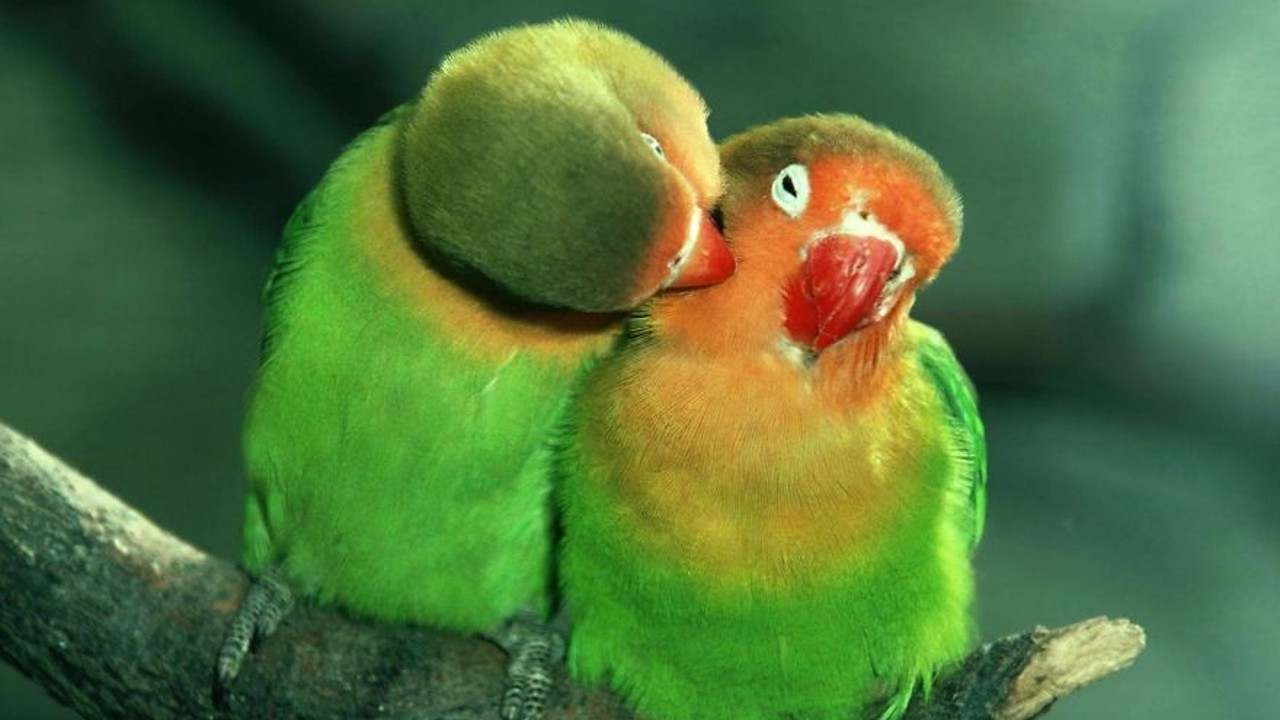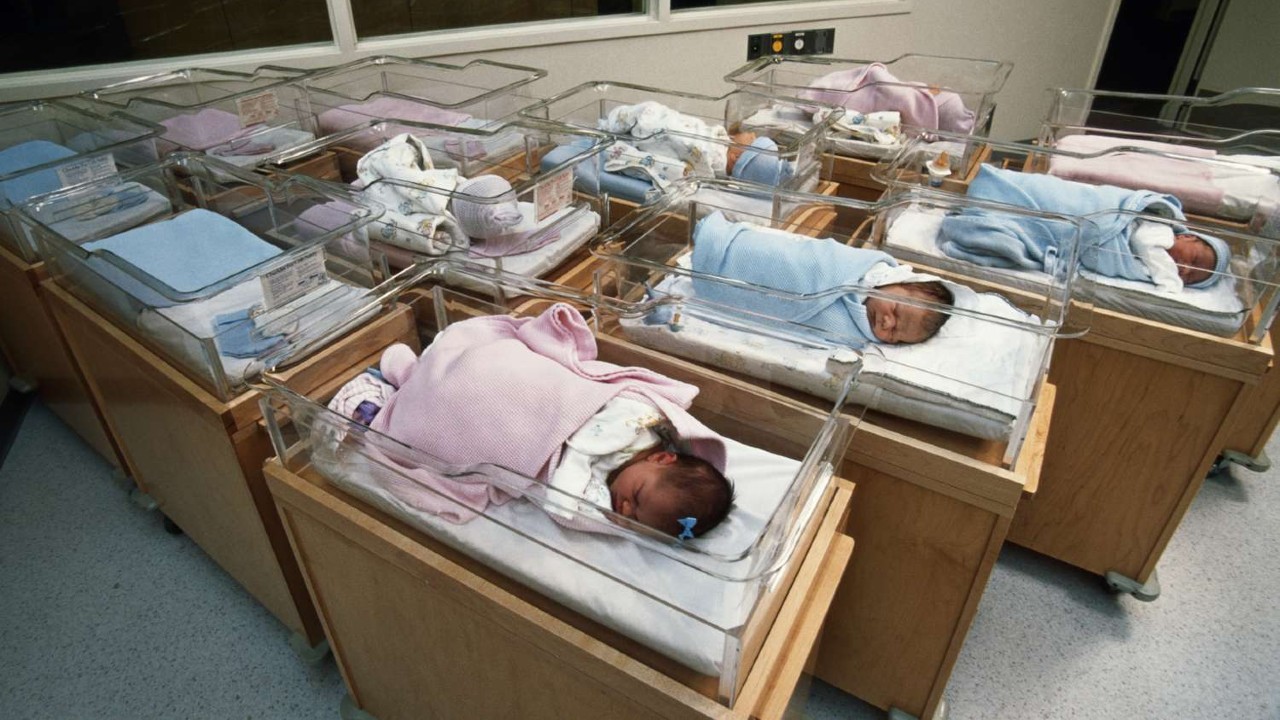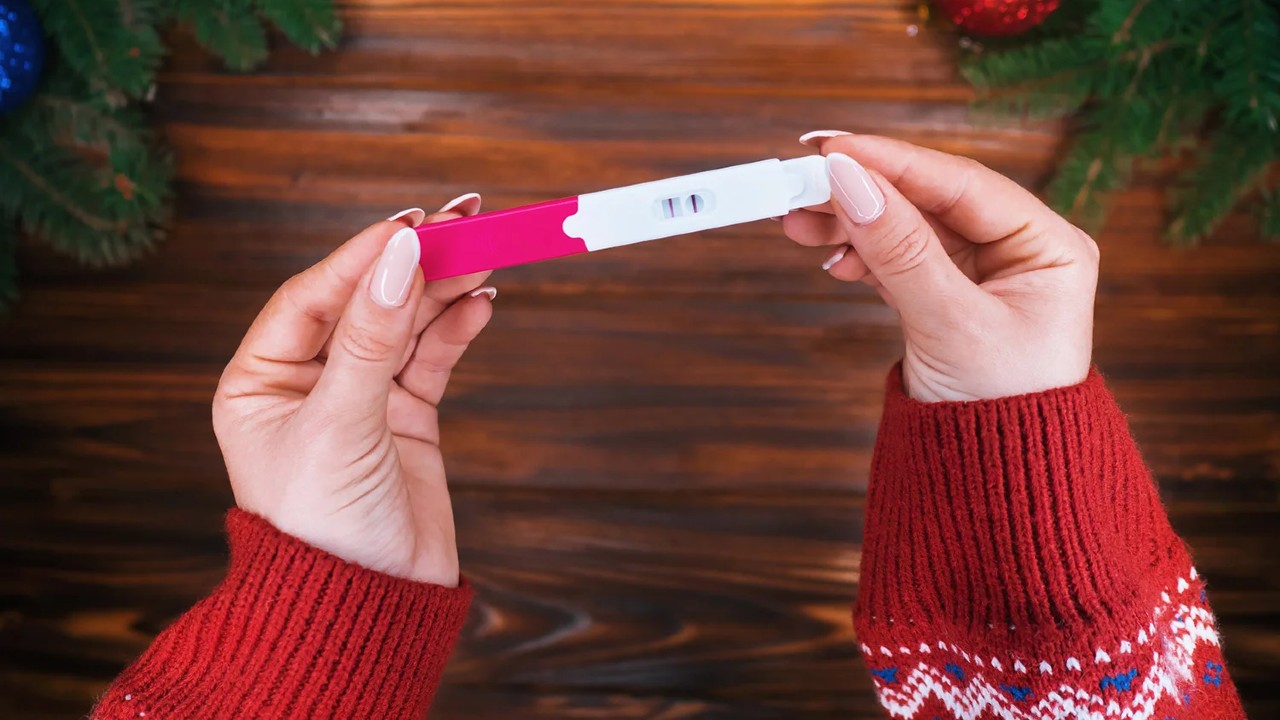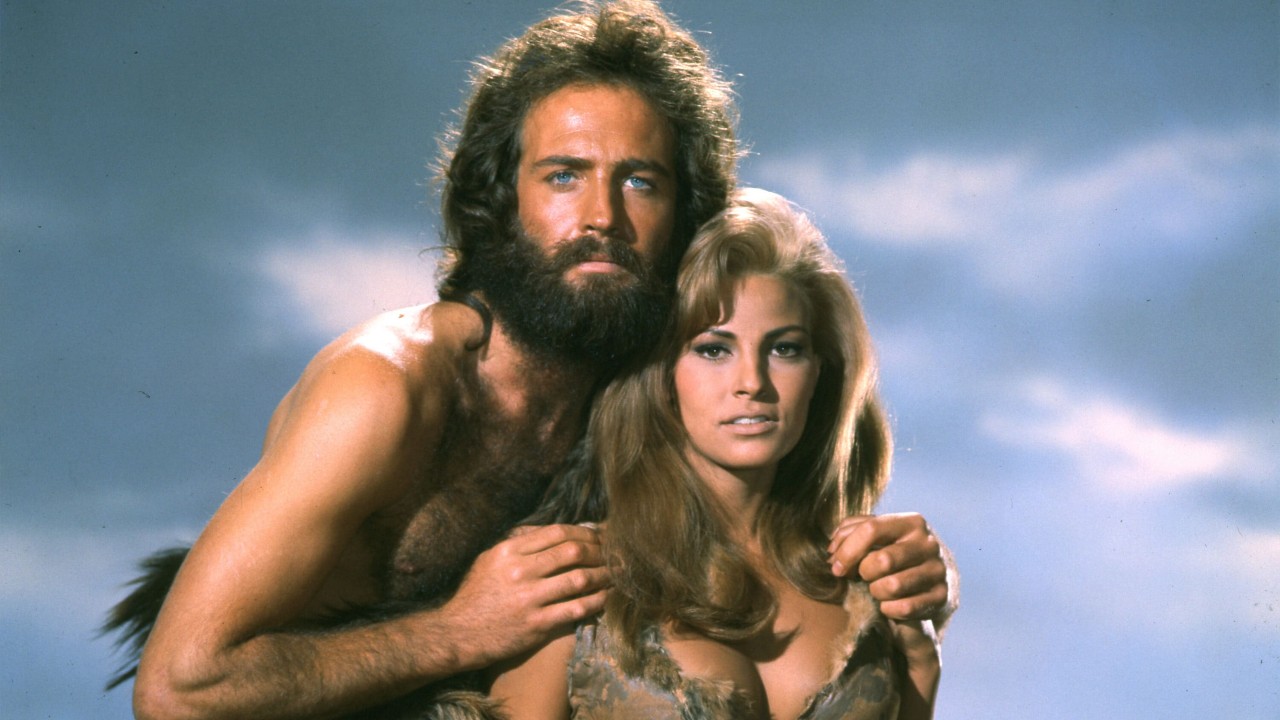As you can see from the creatures you share your home with, animals enter the mating period and during these periods an intense desire to procreate They live.
Agree actually an animal Why don’t we humans enter such a period? Or do we go in but are not aware of it?
Animals give birth at more favorable times.

Most animals have a breeding season. So offspring; with more food, good sunlight, and the weather conditions are not too harsh are born or hatch in periods. Of course there are exceptions, such as dog breeds that go into heat twice a year or rodents that breed all year round.
In the living world, we are divided into “seasonal breeders” and “perpetual breeders”.
“Seasonal breeders” such as bears or squirrels exhibit sexual activity at certain times of the year. By the way, only females of this species increase at certain times They experience a cycle that produces physiological and behavioral changes that lead to sexual activity. If pregnancy does not occur, the endometrium in the uterus is reabsorbed.
We humans in the “continuous breeders” group, on the other hand, ovulate regularly and get a period if the egg is not fertilized. Good to encourage sexual activity physiological processes are not required.
There are different opinions about the mating season in humans.

According to some scientists; seasonal mating is still ongoing for humans. In nomadic Turkana in northwestern Kenya, more than half of all births, It takes place in the spring season when food abundance is high.
In addition to the abundance of food, environmental and social factors It can also have an effect on humans. According to a study published in the Journal of Reproductive Rhythms, when the sun shines for about 12 hours a day, women are more likely to ovulate and men produce more sperm when the temperature is between 10 and 21 degrees Celsius.
Studies have shown that people reproduce more during certain periods.

The findings, published in the Journal of Human Reproduction, were found in 25- to 34-year-olds in the Czech Republic. married and educated women it turned out that she gave birth more in the spring.
More sexually transmitted disease diagnoses, more condom purchases, Google searches in the spring sexually explicit questions Factors such as the fact that there are more of them and the increase in abortions indicate that sexual activity in humans has increased over a period of time.
Another view is that our mating habits have atrophied over time.

We know that through evolution, unused limbs and functions shrivel up. Physiological or hormonal Things we don’t need as humans can fade over time, but in some cases we still retain some of it.
So maybe we had mating seasons like other creatures, but over time as our environmental and biological factors change this also faded over time.
We are complex creatures compared to other creatures.
Although we don’t have a specific ‘mating period’ as we are complex creatures; environmental, social, biological and psychological factors that show their effect on us. mating and reproductive propensity can give.
Author Dominique Clark, on the other hand, “People want to be together and connected. That’s why they look for relationships. But this is it.” through the harsh winter not to produce offspring in good weather, but only for the desire for sex.” say.
In short, we cannot deny that there is a periodic increase in reproduction, although opinions about this differ.
Just like with the cats in our house, even if we get angry in certain months and when this period is over, we don’t pretend that there is no sexuality in our life, but in certain periods. the more we mate apparently.
We also develop more emotional bonds than other species. at different times of the year The effect that we are beings that can have sex also plays a major role in this.
Sources: Science Focus, Big Think, How Stuff Works
Follow Webtekno on Threads, don’t miss the news

















